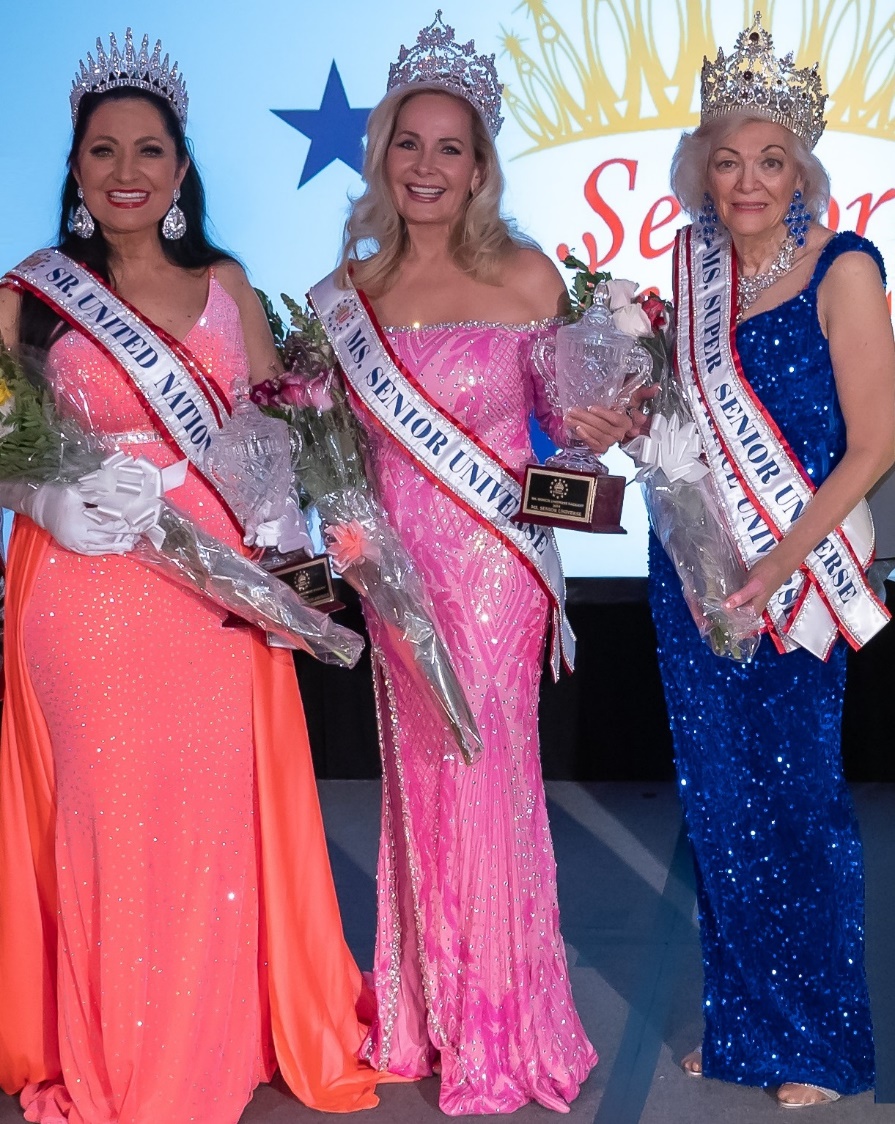The Unveiling of Nancy Berhorst's Rich Heritage and her Connection to the Composer of La Marseillaise: A Story of Resilience, Art, and Legacy
The small room hummed with the gentle whirr of a fan as the interviewer adjusted their recording device. Nancy Berhorst, an 84-year-old with a glimmer in her eyes that defied her age, settled into her chair. "Wow, so it says now," she began, her voice steady and warm. "So now tell me, could you tell us more about your French heritage and your connection to Claude-Joseph Rouget de Lisle, the composer of 'La Marseillaise'?"

With a graceful nod, Nancy embarked on a journey through her lineage, a tale woven with history, music, and personal anecdotes. "First of all, can I turn the picture?" she asked, reaching for a photograph that had been propped up on the table. The picture depicted a man with a stern but kind face, his eyes hinting at the creative genius within. "This is my grandfather, Patrick DeLille. He came directly from France to Canada, where he met my grandmother, Harriet Geno. They married and settled in Bay City, Michigan, raising seven children."
Nancy's voice took on a nostalgic tone as she recounted the life of her grandfather. "My grandfather died when my father was 19 years old. That would put him in his 50s. Patrick DeLille died in his 50s. He owned a bar called 'The Last Chance' in Bay City, Michigan, where he had an opportunity to talk to a lot of people and compare stories of their life."
The room seemed to fill with the lively chatter of the past as Nancy described the bar's significance. "Both of my parents could speak fluent languages. My mother could speak fluent Polish and my father could speak fluent French. But they would argue about teaching their five children another language. So the language we spoke was English, and their accents became American."
Nancy paused, a smile playing on her lips. "My father was a well-spoken singer and dancer. He got that heritage through his father and through Claude-Joseph Rouget de Lisle. They were always proud of being French, but they were Americans. It changed when they came to America."
Her pride was evident as she continued. "I know that my ancestor, Claude-Joseph, actually wrote the French national anthem, 'La Marseillaise'. I tried very hard to learn the language and the song, but my Polish tongue doesn't want to do that. I love the French language and culture. I would love to go to France someday. My father named me Nancy because of Nancy, France. Everybody thought it was Nancy Sinatra, but it was Nancy, France."
Nancy's connection to her heritage was deeply personal and heartfelt. She recounted the Freemason connection, tracing the family's history through the society's secretive and storied past. "Claude-Joseph was a Freemason, and he was actually brought into the Freemason Lodge in Strasbourg in 1792, which is where 'La Marseillaise' was written. Part of the family, there's two branches we were able to trace through the Freemasons."
The story of her family's journey from France to Quebec and then to Michigan was filled with resilience and determination. "Patrick came directly from France, but another part of the family came through Quebec in 1793 because they were afraid of what happened when the government put him in prison during the Reign of Terror."
Nancy's voice softened as she spoke about the struggles her family faced. "Parts of his family, his father's brothers, came through Quebec. The Detroit area was still part of Quebec until the early 1800s. They lived with the French, the Germans with the Germans, and the Italians with the Italians. They were all afraid, like the German Gestapo, was going to come and get them and send them back to their country."
Despite the fear and separation, her family found each other again. "My father found his uncle Noah when Noah was already in his 60s. They lived in Detroit, and that's where the story began for us."
Nancy's tale was not just about her ancestors but also about her own life, filled with music, performance, and a deep sense of duty. She recounted her early years, her love for singing inherited from her father, who sounded like Frank Sinatra. "At six o'clock, he would get up in the morning, turn on the radio, and sing 'Peg of My Heart', tap dancing a soft shoe all around the house."
Her father's passion for music and performance left a lasting impression on Nancy. "I joined choir in school, choir in the churches, and always sang as part of a group. My first song in the sixth grade was 'You Belong to Me'. I was holding the papers, and they fell all over the floor, but I sang it anyway."
Nancy's life was a tapestry of diverse roles: a nurse, a hula dancer, a poet, and a teacher. Each role shaped who she was today. "I constantly grew as a singer. I was a good swimmer, holding my breath for a really long time. I pride myself on enunciating words properly, a skill that made me a lector in the church."
Her Catholic faith was a cornerstone of her life. "God sends me angels to get me through the difficult times. I never would have made it to the pageant if God hadn't sent me a special angel."
Nancy's story took an enchanting turn when she moved to Hawaii in 1952. Her singing continued, and she even performed hula at luaus. A chance encounter with a 19-year-old Hawaiian boy playing a ukulele at a luau became a cherished memory. "He said, 'Come on up and do my hula.' So I did, and everybody loved it."
One of the most remarkable chapters of Nancy's life was her connection with Don Ho, the famous Hawaiian entertainer. "In the eighth grade, I wrote a poem that Don Ho later turned into a song. Twenty-five years later, I went to see him in Hawaii, and he was singing my song. He didn't know it was my poem until I told him. We became friends, and he was always so good to me."
Her life in Arizona with her husband Ed, whom she married 65 years ago, was filled with love and family. "We moved to Arizona in 1986 when my first granddaughter was born. Now she's a neurologist, and her brother is a principal at an elementary school."
Nancy's dedication to helping others as a private duty caregiver and her extensive volunteer work reflected her selfless spirit. "I wanted to dedicate myself to the people I cared about and beyond. I was the president of the Legion of Mary for 21 years, opening many chapters throughout the state."
Her involvement in pageants began in 2001, a journey that led her to win the title of Super Senior Universe at the age of 83. "The person I was working for as a nurse sent in an application for me. He paid the $25 fee and told me I was going to sing. That was the start."

Nancy's pageant journey was marked by perseverance and success. "I've done seven pageants with James Kimsey from Ms Senior USA (Senior Pageants Group, Senior Pageants Foundation). I won the Super Senior Universe title, and now I'm at the top of where I can go."
Her advice for others considering entering pageants and pursuing their passions later in life was simple yet profound. "Never get jealous. Allow for mistakes. Forgive. Put God first, live simply, and love unconditionally."
Nancy Berhorst's story is one of resilience, heritage, and a profound love for life. Her journey from the historical streets of France to the vibrant shores of Hawaii, and finally to the heart of Arizona, is a testament to the enduring power of family, faith, and music. As she concluded her tale, the room was filled with a deep sense of admiration and inspiration, a fitting tribute to a woman whose life was as rich and varied as the melodies she sang.















Thank you for publishing this wonderful story of one of our dear Senior Queens that is loved by so many. She has certainly been great example of inspiration to us. She has also been a stalwart and dedicated friend to all of us ladies in Sr. Pageantry and to our incredible leaders as we have shared these last several years of special experience's together.
Shelley Gish. Ms Sr. Canada